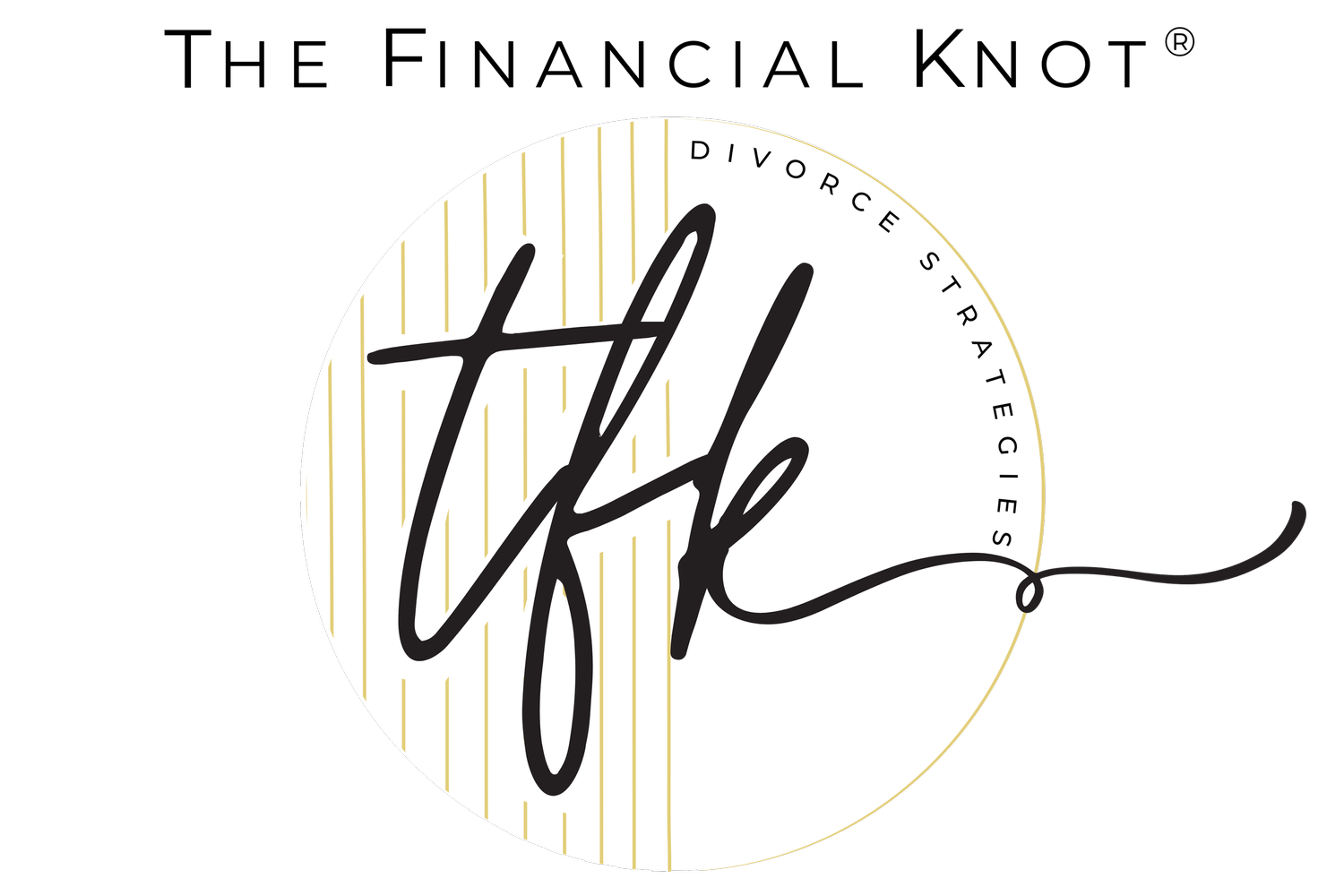Navigating the Crypto Frontier in Divorce
As a Certified Divorce Financial Analyst® (CDFA®) and Certified Financial Planner® (CFP®), I've seen firsthand how the rise of cryptocurrency has added a layer of complexity to divorce proceedings. If you or your spouse own digital assets like Bitcoin or Ethereum, understanding how these assets fit into a divorce settlement is crucial.
First, let’s start with the basics. Cryptocurrency is a type of digital or virtual currency that uses cryptography for security. Unlike traditional currencies, like the dollar or euro, cryptocurrencies operate on decentralized platforms called blockchains. Bitcoin, the first and most well-known cryptocurrency, was created in 2009. Since then, thousands of other cryptocurrencies have emerged.
Cryptocurrencies can be used to buy goods and services, or they can be held as investments. Their value can fluctuate wildly, which adds a layer of complexity in a divorce settlement.
The challenge with cryptocurrencies is that they are relatively new, and their ownership and value can be harder to trace than traditional assets. This makes them an area of concern in divorce proceedings.
Challenges in Dividing Cryptocurrency
Valuation: Determining the fair market value of cryptocurrency can be challenging due to its volatile nature. This volatility makes it difficult to assign a consistent value to these assets. In a divorce, you’ll need to agree on a specific date for valuation to avoid disputes and possibly use expert witnesses to provide accurate valuations.
Ownership: Establishing who owns the cryptocurrency can be complicated, especially if both spouses contributed to its acquisition. Joint accounts, shared wallets, or mining hardware can make it difficult to determine individual ownership rights. We'll carefully analyze transaction records and other evidence to determine ownership rights.
Hidden Assets: Unlike money in a bank account, cryptocurrencies can be easily hidden if one spouse doesn’t want to disclose their full holdings. Because they are digital, they can be stored in a variety of places, including online exchanges, digital wallets, or even offline in cold storage devices. As your CDFA®, I'll employ forensic accounting techniques to uncover any hidden cryptocurrency holdings.
Child Support and Spousal Support: The value of cryptocurrency can be considered when determining child support and spousal support obligations. If a spouse has significant cryptocurrency holdings, they may be required to contribute to these payments.
Strategies for Success
Full Disclosure: It's essential to disclose all cryptocurrency holdings, including the type, quantity, and value. Transparency is key to a fair division of assets.
Expert Assistance: My role as your CDFA® is to provide expert guidance on all financial matters, including cryptocurrency. I'll work closely with you to establish the fair market value of the cryptocurrency and protect your financial interests.
Documentation: Keep meticulous records of all cryptocurrency transactions, including purchases, sales, and transfers. This documentation will be invaluable during the divorce process.
Strategic Planning: We'll develop a comprehensive financial plan that addresses your short-term and long-term goals, considering your cryptocurrency holdings.
The world of cryptocurrency is constantly evolving. As a CDFA® and Certified Financial Planner®, I can work with you and your attorney to navigate the complexities of crypto in divorce and achieve a fair and equitable settlement. Book a consultation today to get started!
If you found this article helpful, you may like our blog THE VACATION HOME IN DIVORCE.
